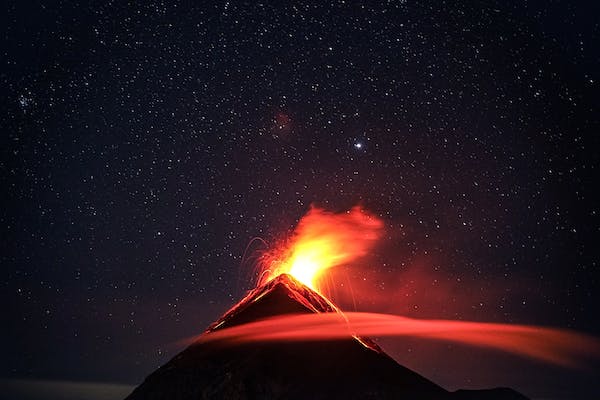6 Things to Know ! What If Earth Slows Down?

Introduction
The Earth’s rotation is an essential and often overlooked aspect of our daily lives. The planet’s spinning motion, which results in day and night cycles, influences everything from our climate to our perception of time. But have you ever wondered what would happen if Earth slows down? This hypothetical scenario raises intriguing questions about how such a phenomenon could impact our planet and its inhabitants. In this article, we will explore the potential consequences of a decelerating Earth and delve into the fascinating implications it may hold for the future.
1. Lengthening Days and Nights
If Earth slows down, the most immediate and apparent change would be in the length of our days and nights. With a slower rotation, days would become longer, and nights would stretch as well. While this might not seem like a significant alteration, it could have profound effects on various aspects of life, from agriculture and energy consumption to human sleep patterns and circadian rhythms.
2. Altered Climate Patterns
The Earth’s rotation plays a crucial role in shaping global weather patterns and ocean currents. If Earth slows down, it could lead to shifts in the distribution of sunlight and heat across the planet, potentially causing changes in climate zones and weather systems. Some regions might experience more extreme temperatures, while others could see alterations in precipitation patterns, leading to significant impacts on ecosystems, agriculture, and water resources.
3. Gravitational Effects
A slower rotational speed might also have gravitational repercussions. The centrifugal force caused by Earth’s rotation currently counteracts some of the pull of gravity at the equator, causing the planet to bulge slightly. If the rotational speed decreased, the bulging effect might lessen, redistributing mass and potentially causing a rise in sea levels in certain areas. Conversely, regions closer to the poles might experience a slight decrease in gravitational force.
4. Impact on Earth's Magnetic Field
The Earth’s magnetic field is generated by the movement of molten iron in the planet’s outer core. If Earth slows down, it could potentially influence the dynamics of this process, leading to changes in the magnetic field’s strength and stability. As the magnetic field protects us from harmful solar radiation, any alterations could have consequences for both terrestrial and space environments, including effects on communication systems and navigation.
5. Earthquake and Volcanic Activity

It is theorized that a significant change in Earth’s rotation speed might trigger geological effects, including an increase in seismic activity and volcanic eruptions. While the relationship between rotational speed and tectonic activity is complex, altering the distribution of Earth’s mass could influence the stress on tectonic plates, potentially leading to increased geological instability.
6. Human Adaptation and Technological Challenges
If Earth slows down gradually over time, humans might have the opportunity to adapt to the changes slowly. However, sudden deceleration could pose substantial challenges to our current way of life. Technologies reliant on precise timekeeping, such as GPS systems and satellite communication, might need adjustments to accommodate the changing rotational dynamics. Additionally, industries that depend on daylight hours, like agriculture and construction, may need to modify their practices to optimize productivity.
Conclusion
While a significant slowdown in Earth’s rotational speed is currently a purely hypothetical scenario, exploring the potential consequences of such an event is a fascinating exercise. The changes in day length, climate patterns, gravitational effects, magnetic field, and geological activity could profoundly impact life on Earth. Although we are not facing such a scenario presently, understanding these possibilities highlights the intricate interplay between our planet’s dynamics and our way of life. It also underscores the importance of safeguarding and preserving the delicate balance that makes Earth such a unique and habitable place.